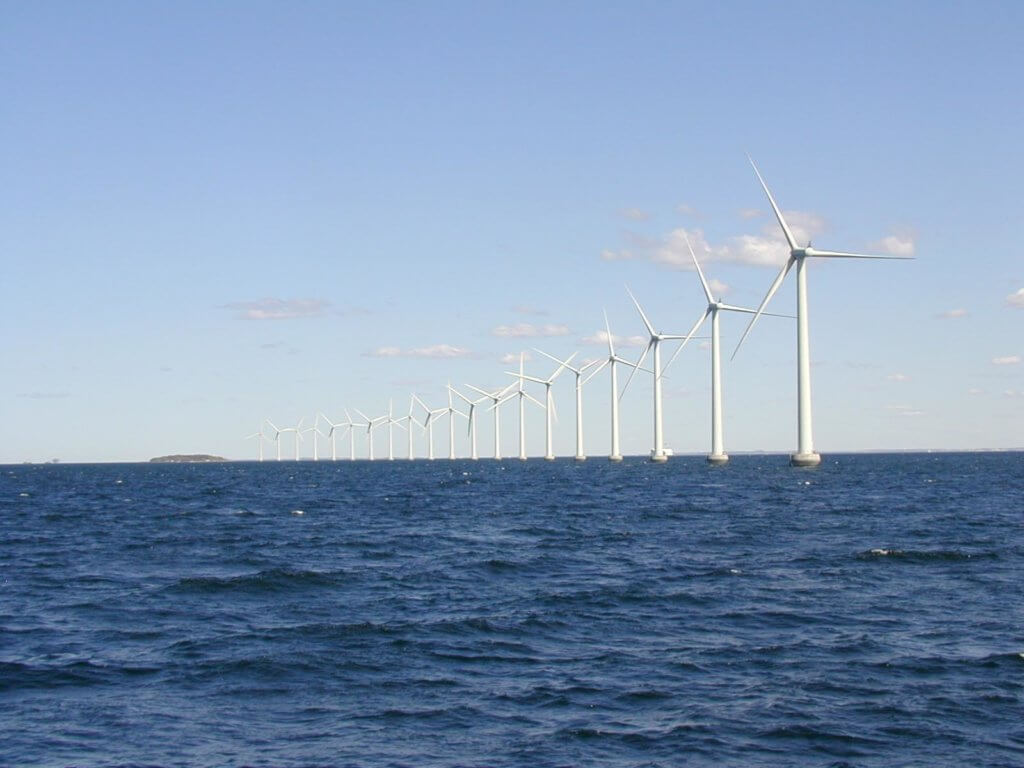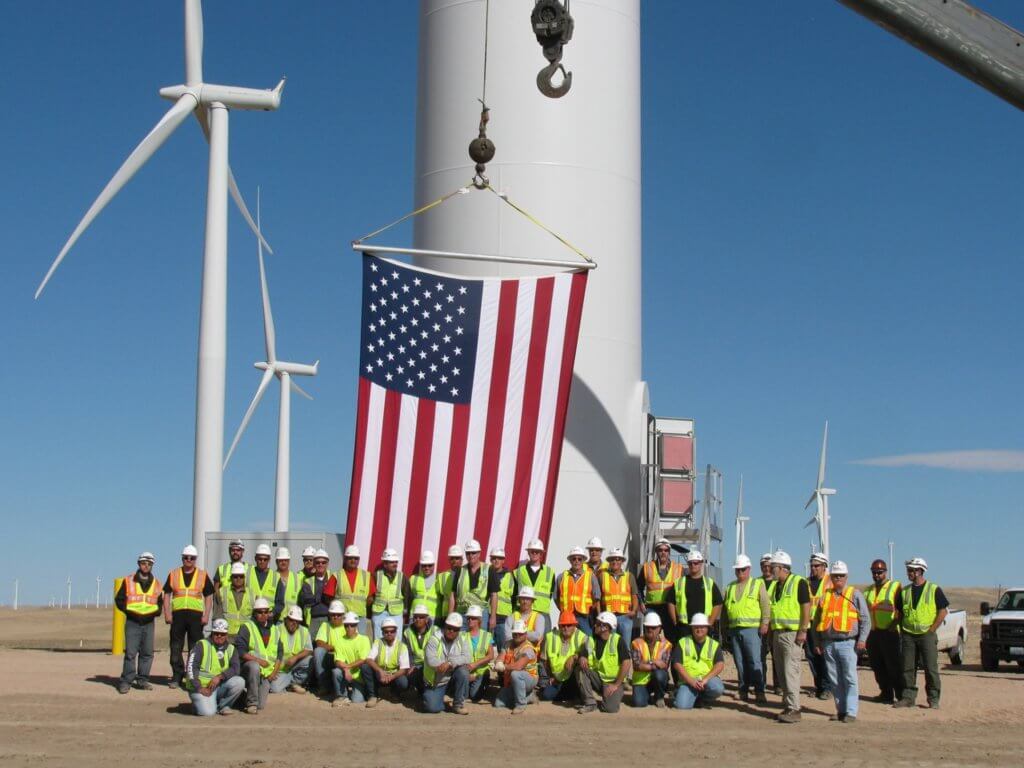News roundup: Optimizing wind, Camp's tax plan, and a call to extend the PTC
Monday is here, bringing news on optimizing our wind resources, a new tax plan from Michigan’s Dave Camp, and a call to extend the PTC from California’s Desert Sun.
Peter Kelly-Detwiler highlights how grid operators maximize our wind resources, letting improvements in technology drive efficiency gains that make wind more competitive:
- In the past few years, considerable progress has been made in both [curtailment and intermittency]. In fact, the American Wind Energy Association (AWEA) reports that as the number of wind turbines has ramped up, the amount of wind energy curtailed has fallen considerably, from 9.7% in 2009 to 4.9% in 2011, down to 2.7% in 2012 (2013 numbers for the nation are not yet available). Meanwhile, integration costs have also fallen in certain markets.
- The example of Texas shows how this can be done on a broad scale, with significant economic benefits as a result. In fact, curtailments in Texas have declined from over 17% in 2009 to 3.8% in 2012 and only 1.2% In 2013. The first thing Texas did was to look at the big picture. They recognized the economic value of wind, took a proactive and integrated approach to developing their wind resource, and committed to building the requisite transmission capabilities.
- However, the availability of transmission lines represents only part of the story. The other piece has to do with how ERCOT manages the transmission lines, as well as its improved approach to forecasting and integration of the wind resource. In the past, conservative assumptions were used concerning line loads and risk of system collapse. Today, better computers allow ERCOT to recalculate the related information on an hourly basis. In particular, ERCOT adopted a new tool (real time stability analysis), which explicitly manages the West to North interface on the Texas power grid. The process allows operators to monitor Real-Time conditions for generation and “continuously inform operations which limit is currently effective.”
Michigan Congressman Dave Camp plans to take on the mantle of tax reform in the House, prompting many to wonder how the congressman will handle renewable energy:
- While he is a long-standing proponent of comprehensive tax reform, [Senate Finance Chair Ron] Wyden has said repeatedly that his more immediate priority this year is extending dozens of business tax breaks that expired at the end of last year, such as the renewable energy production tax credit, or PTC, and various incentives to promote biofuels and energy efficiency.
- Most of Washington, D.C., has given up on the possibility for comprehensive tax reform this year, but don't tell that to Dave Camp. The Michigan Republican, who chairs the House Ways and Means Committee, is preparing to release a draft proposal to overhaul the tax code for the first time since 1986. In a letter to committee members last week, Camp promised a "comprehensive discussion draft" outlining his suggested reforms.
- It is less clear how Camp will treat other sectors, such as renewable energy or biofuels, that rely on temporary provisions collectively known as "tax extenders," but he is not expected to follow Baucus' lead in establishing a pair of credits to support "clean" electricity and fuel production.
California’s Desert Sun thinks wind power is a good investment, one that we should continue to support:
- There are limits on how much transmission lines can carry. But if California is serious about generating a third of its power from renewable sources by 2020, it should support the industry in an effort to maximize the efficiency of our windmills and to invest in the lines to link that power to the grid.
- Given a choice, many Americans would support investing in clean wind power over fossil fuels. In December, Rep. Raul Ruiz joined a meeting with Energy Secretary Ernest Moniz and expressed his support for extending the tax credit. “The Coachella Valley is at the forefront of clean, renewable energy production,” he said. “It is critical we extend the wind energy tax credit to ensure the continued growth of this industry in my district and across the country for job creation, energy independence and environmental health.”
- The American Wind Energy Association reported in January that 12,000 megawatts of power were under construction at the end of the year, a record. The Desert Sun would like to see both of those trends continue. Whether through renewing the tax credits or tax code adjustments, the state and federal government should continue to support wind energy.
Sources:
Peter Kelly-Detwiler, “Optimizing The Wind Energy Resource.” Forbes.com. 21 February 2014.
Nick Juliano, “Camp expected to roll out comprehensive reform draft as Wyden stays focused on extenders.” E&E News. 24 February 2014.
Editorial, “Our Voice: Keep investing in wind.” The Desert Sun. 22 February 2014.



